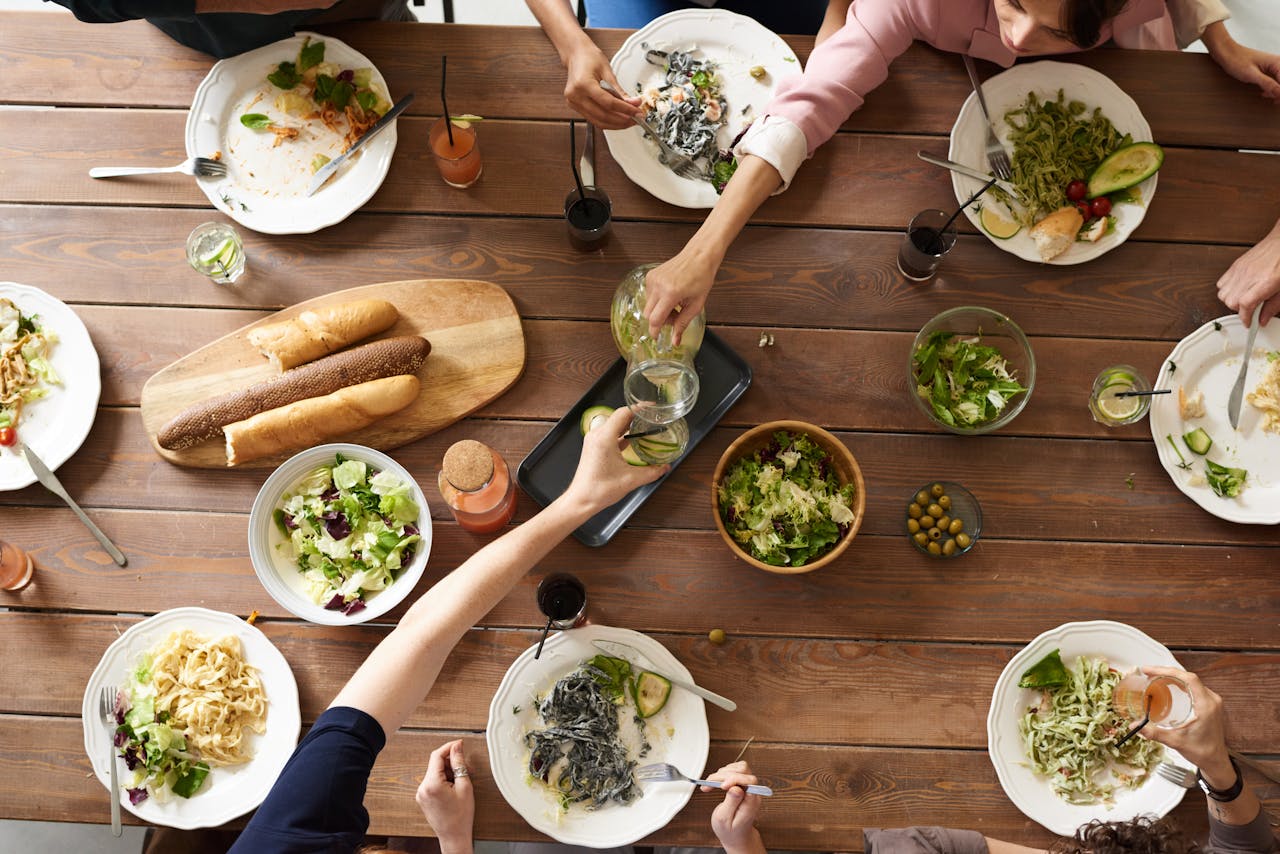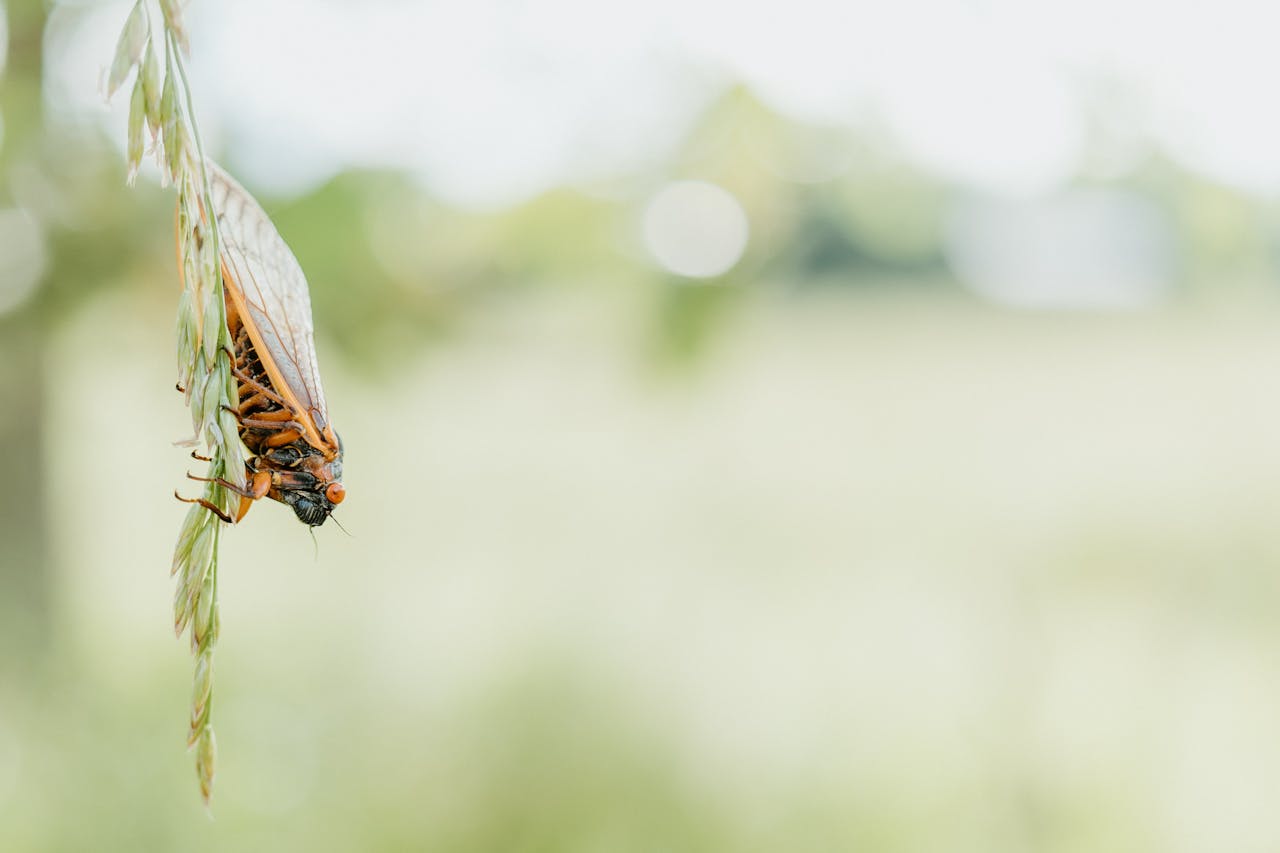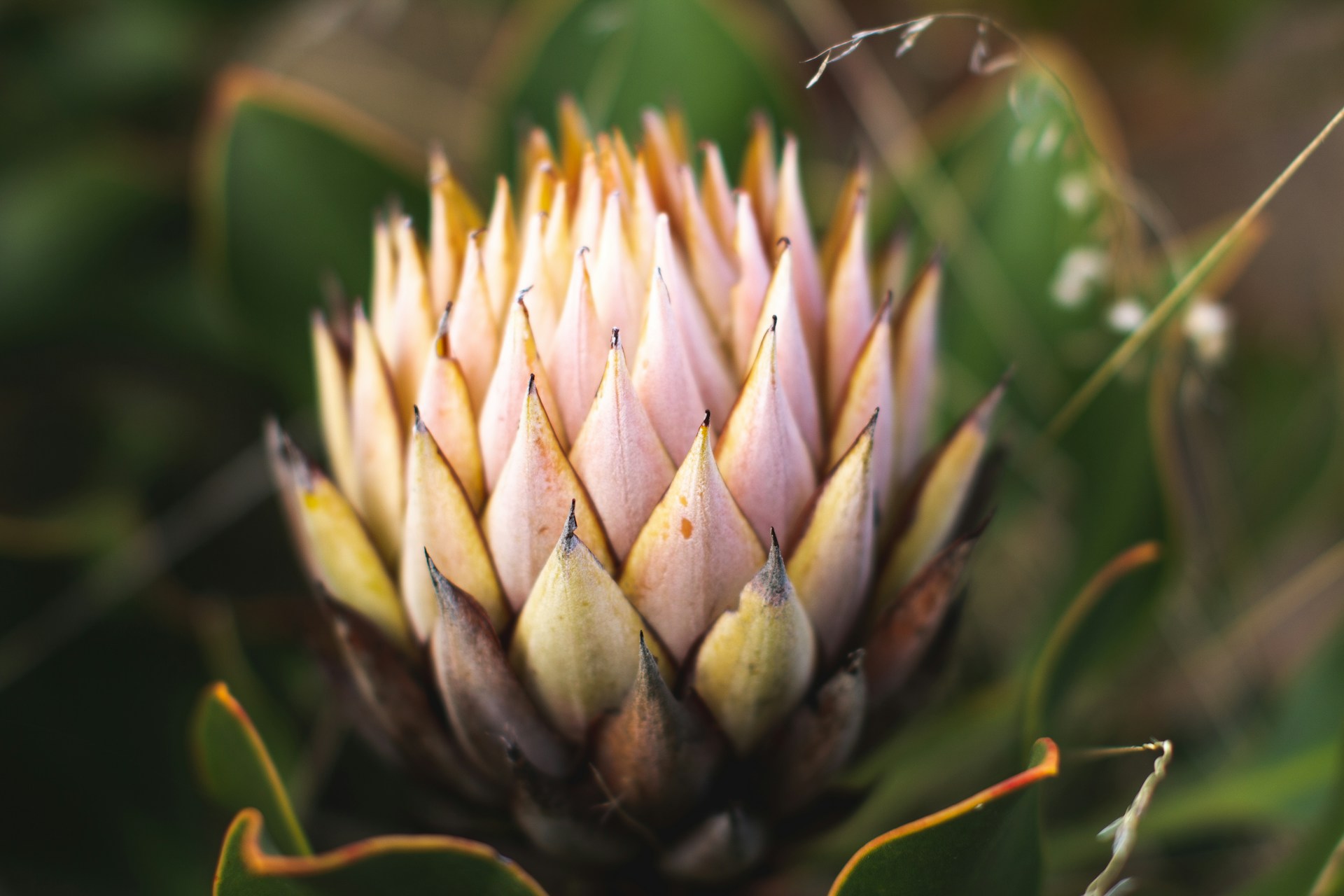Insights
How circular restaurants take waste off the menu
Silo UK in London’s Hackney Wick is the best-known circular restaurant in the UK. The original concept was a ‘‘restaurant with no bin”, where all waste on-site gets used up rather than thrown away. Having eliminated 99.9% of its waste, Silo…
Insect wings, bodies, and brains in bio-inspired design
Insects are adapted to all kinds of environments thanks to the diverse materials which make up their bodies. Evolution has furnished these creatures with strong exoskeletons and intricately-shaped wings. Researchers are building materials inspired by these natural innovations to solve…
Gene-edited protein fibre rival plastics on performance
Plastics are the king of industrial materials. So successful and wide-ranging are they that even the biobased sector has been devoted to developing plant-based replicas of them for almost imaginable application. Yet plastics are not the only industry all-rounders that…
Where next for South Africa’s bioeconomy?
South Africa has immense bioeconomy potential if we look at its natural endowments alone. As one of the most biodiverse countries on the planet, it is full of genetic resources for biotechnology. Its agricultural sector comprises around 12% of its…
Urban biorefineries in the EU: from blueprint to implementation
Cities are overflowing with valuable biomass if you look in the right places: namely, in their sewage systems. The organic materials in urban wastewater can provide cheap, local, and abundant raw materials for biobased and circular fuels, fertiliser, and materials.…
5 Minutes With… Professor Paul Freemont, Head of Structural & Synthetic Biology at Imperial College London
The bioeconomy is poised for significant growth, driven by advancements in distributed biomanufacturing. To ensure its success, researchers at Imperial College London, along with global collaborators, are calling for the urgent development of open, voluntary standards for engineering biology. These…








